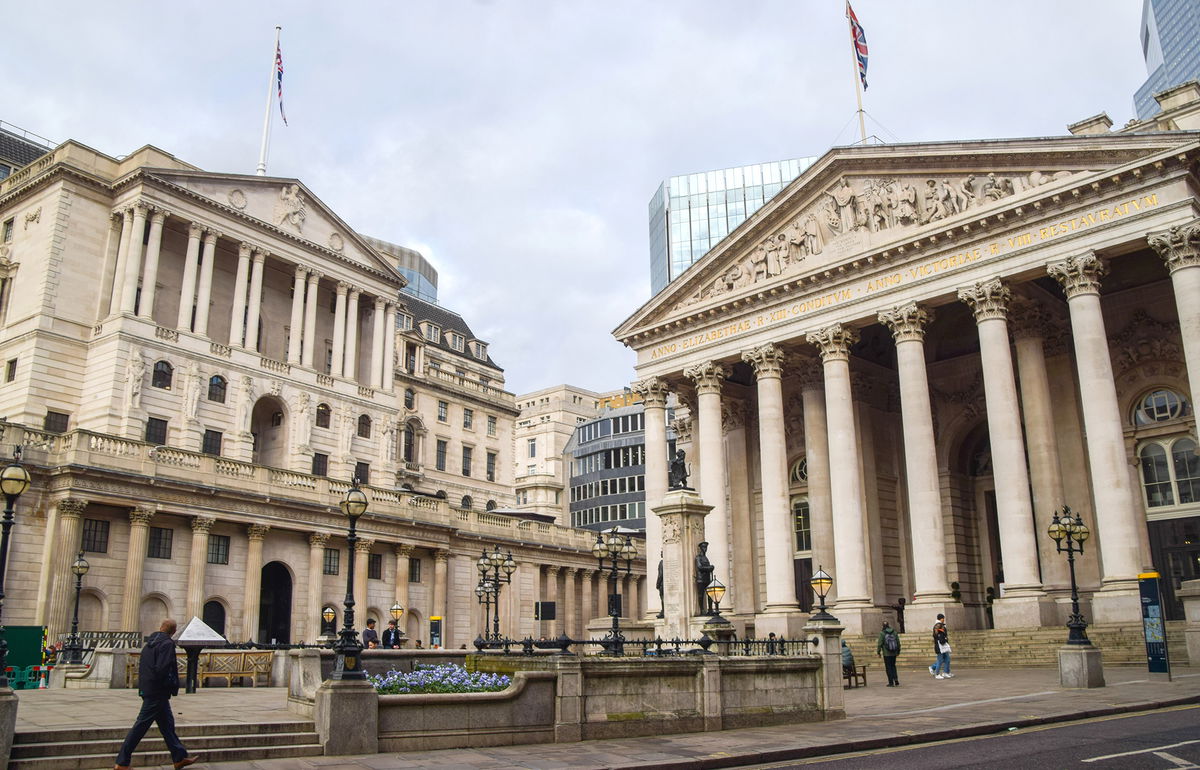Bank of England calls for urgent action on funds that nearly toppled UK financial system

The Bank of England
By Julia Horowitz, CNN
The Bank of England has called for urgent action to address a weak spot in the UK financial system as persistent worries about the global banking sector threaten to unleash fresh market turmoil.
The central bank said Wednesday that UK banks had enough financial resources to avoid shocks but the pensions regulator needed to move “as soon as possible” to increase the resilience of liability-driven investment funds.
These “LDI” funds, which many UK pension schemes invest in, proved particularly vulnerable when the British bond market came under enormous strain following then-Prime Minister Liz Truss’s disastrous budget six months ago. The Bank of England had to step in to avert a broader financial meltdown.
Financial stability is once again a top concern for investors and regulators around the world following the failure of Silicon Valley Bank in the United States earlier this month and the emergency rescue of Credit Suisse by Swiss banking rival UBS.
The Bank of England’s Financial Policy Committee (FPC) recommended that the pensions regulator, TPR, act quickly to specify “the minimum levels of resilience for the LDI funds and LDI mandates in which pension scheme trustees may invest.”
This would allow them to withstand “severe but plausible stresses” in the UK government bond market and meet any calls to post collateral in an orderly fashion.
TPR chief Charles Counsell said in a statement that the regulator, which laid out some guidance in November, would refresh its policies soon.
“We will be issuing updated guidance on LDI in April, taking into consideration the FPC’s recommendations,” he said.
LDI crisis
The role of LDI funds in the UK financial system was thrown into the spotlight in the fall after the Truss budget triggered an unprecedented selloff in UK government bonds.
This had an alarming knock-on effect on pension funds that had gone all in on liability-driven investment strategies.
Suddenly, they were asked to pony up billions of pounds in collateral. In a scramble for cash, pension asset managers had to sell whatever they could — including, in some cases, more government bonds. That created “a vicious spiral,” according to the Bank of England.
To shore up the market, the central bank was forced to buy government bonds. It said Wednesday that all the debt it had purchased as part of that intervention had since been sold.
The Bank of England also reiterated its focus on the current state of the global banking system.
“We are monitoring events closely and their impact on financial markets, UK banks and UK economic conditions,” it said.
The central bank added that UK banks were “resilient” and “currently healthy.” But it warned that other parts of the financial system might need bolstering.
It pointed to money-market funds — which many investors use to park their extra cash — as another source of potential stress.
These funds “are vulnerable to rapid and large investor withdrawals and could be a source of risk to the financial system and the wider economy,” the Bank of England said.
The-CNN-Wire
™ & © 2023 Cable News Network, Inc., a Warner Bros. Discovery Company. All rights reserved.